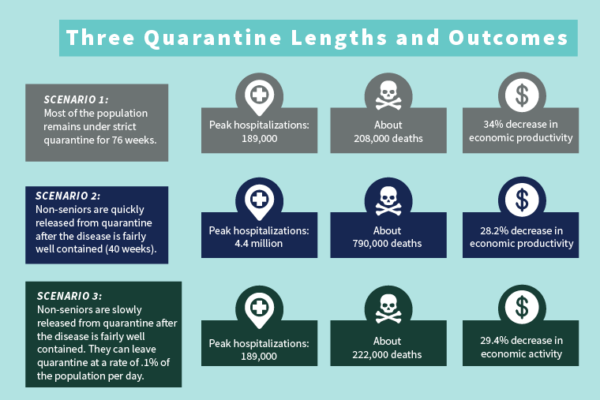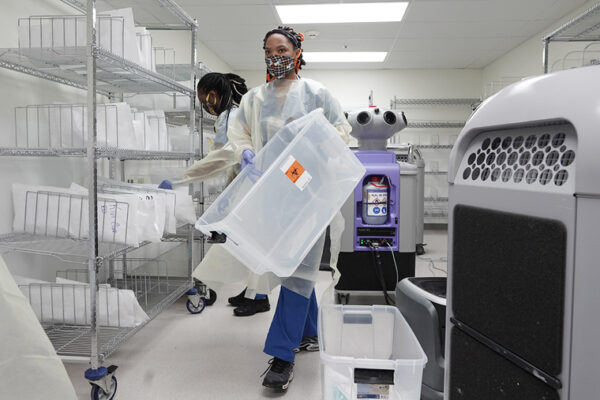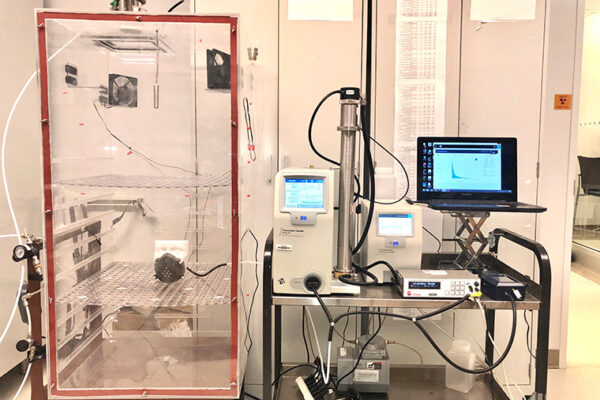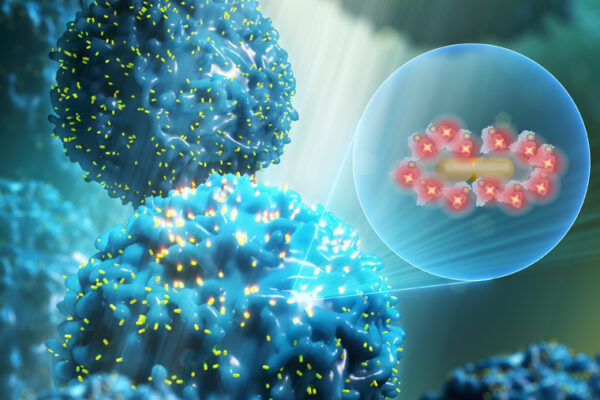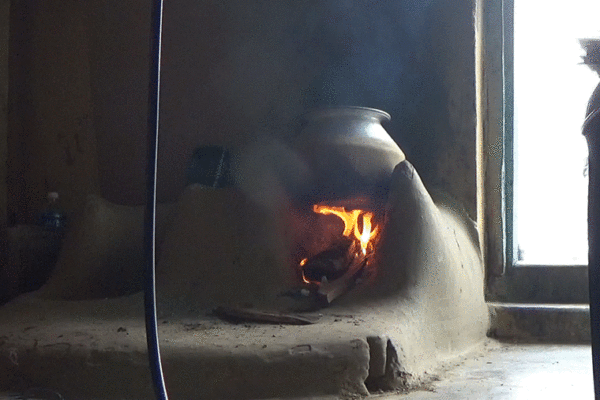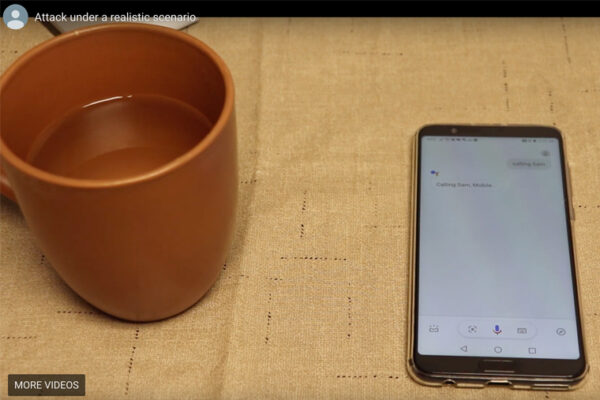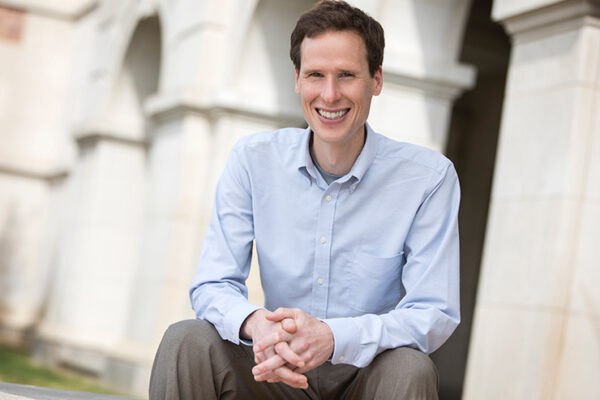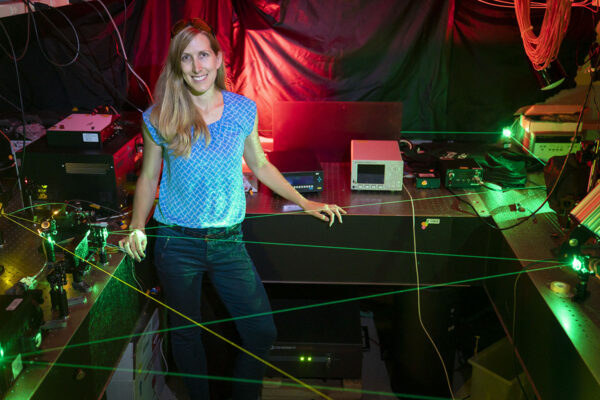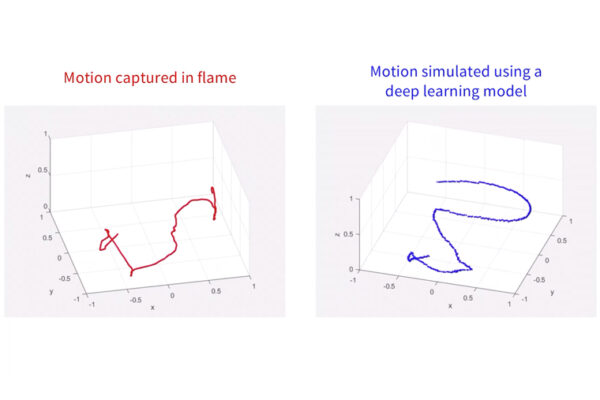Model predicts economic, public health repercussions of lifting quarantine
An interdisciplinary team at Washington University in St. Louis used computer modeling from different domains to look at how the United States might best lift quarantine — without a harsh blow to public health or the economy.
New method for measuring RNAi pesticide in soil
Researchers at Washington University in St. Louis have developed an extraction and cleanup method that, for the first time, will allow for measurements of RNAi pesticides in soil.
Maker Task Force works to protect front-line health-care workers
The COVID-19 WashU/BJC Maker Task Force has emerged as a central hub for St. Louis-area makers to help people in health-care settings stay safe as they care for patients during the COVID-19 pandemic. The multidisciplinary group is working to develop everything from isolation gowns to ventilator replacement parts.
Aerosol researchers at McKelvey School of Engineering tackle novel coronavirus
Aerosol research at the McKelvey School of Engineering at Washington University in St. Louis is working at breakneck speed to understand the novel coronavirus and its effects at scales ranging from ecosystems to virus particles suspended in droplets.
WashU engineers to help develop rapid COVID-19 test
Researchers at the McKelvey School of Engineering at Washington University in St. Louis received funding for a new COVID-19 test that is based on brand new technology that won’t require brand new tools, making it easy for clinicians to use.
Researchers find organic carbons are also absorbing light — and likely harming people’s health
Researchers at the McKelvey School of Engineering spent two weeks in India cooking with local residents. They found that soot wasn’t the only worrisome byproduct of traditional cookstoves; organic carbons are causing problems, too.
‘Surfing attack’ hacks Siri, Google with ultrasonic waves
Using ultrasound waves propagating through a solid surface, researchers at Washington University in St. Louis were able to read text messages and make fraudulent calls on a cellphone sitting on a desk up to 30 feet away.
WashU Expert: Ingredients for a virus to become a pandemic
In this video, Washington University in St. Louis’ Michael Vahey discusses what it takes for a virus such as the coronavirus to reach pandemic status.
Lighting the molecular world
Directly seeing the workings of our world at nano- and molecular scale has largely remained an impossible task, left to theory and working assumptions. WashU alumna Jennifer Dionne, BS ’03, has made it possible and won one of science’s most prestigious award.
Predicting chaos using aerosols and AI
Using aerosols as ground truth, researchers at the McKelvey School of Engineering at Washington University in St. Louis have developed a deep learning method that accurately simulates chaotic trajectories — from the spread of poisonous gas to the path of foraging animals.
Older Stories
